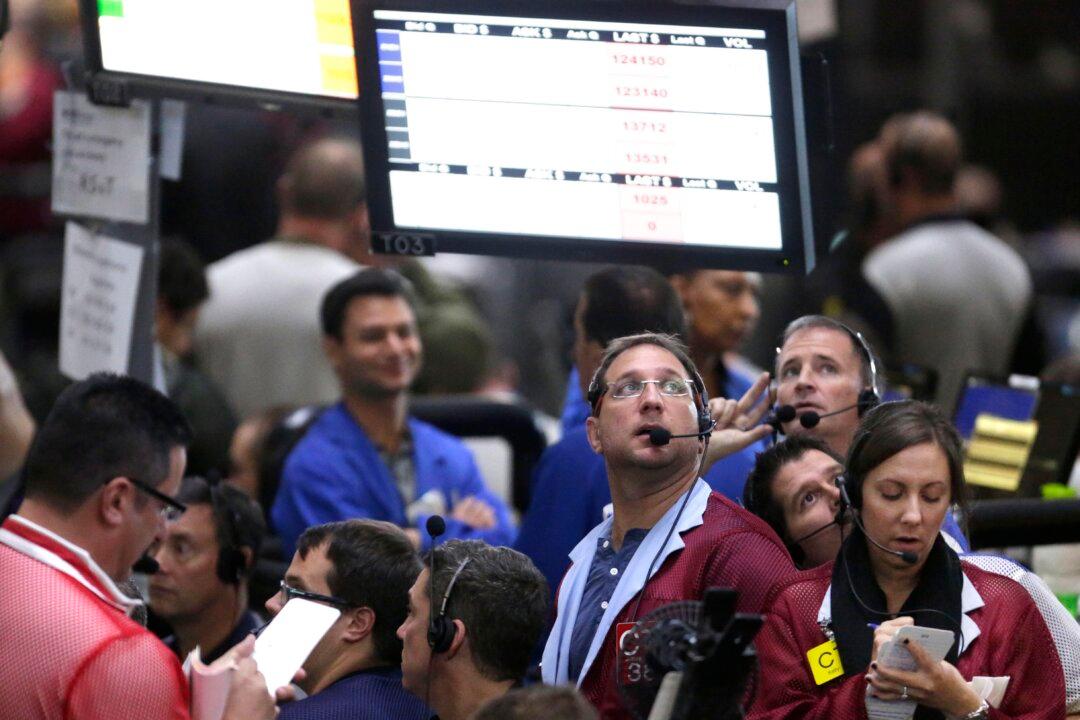Bond volatility has jumped and yields have fallen as the American banking crisis cast doubts on whether the Federal Reserve will continue with its policy of rate hikes.
On March 10, Santa Clara-based Silicon Valley Bank (SVB) failed, which is the second-biggest bank failure in American history. Two days later, on March 12, U.S. regulators announced they were intervening to shut down Signature Bank, the third-biggest bank failure. The collapse of the two banks shook investor confidence. The ICE BofAML MOVE Index, which measures volatility of the government bond market, has hit its highest level since November 2008.





